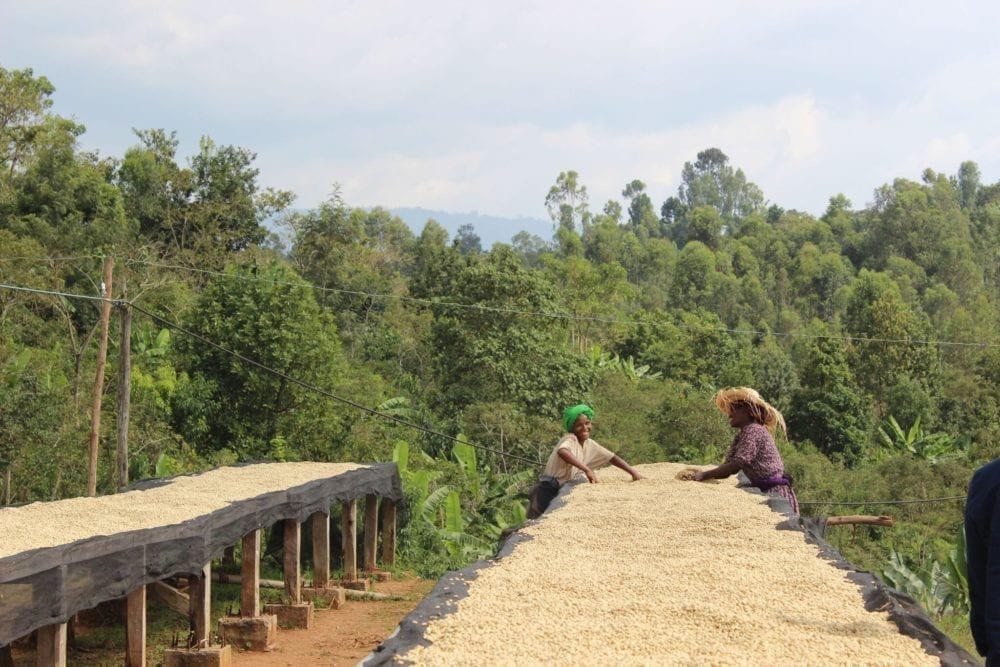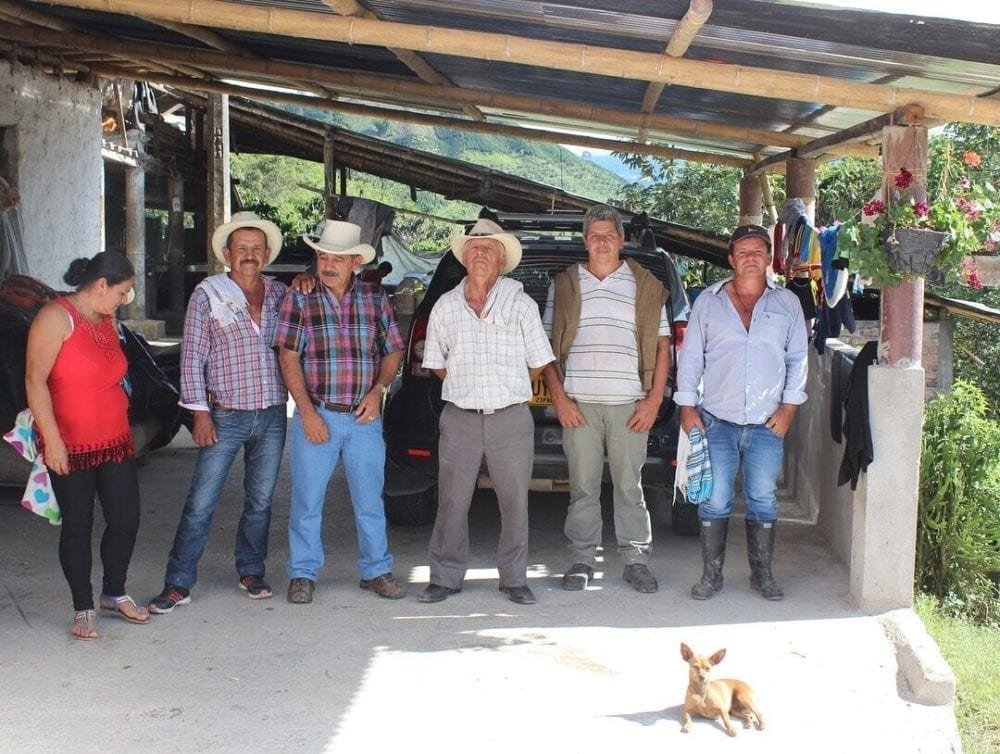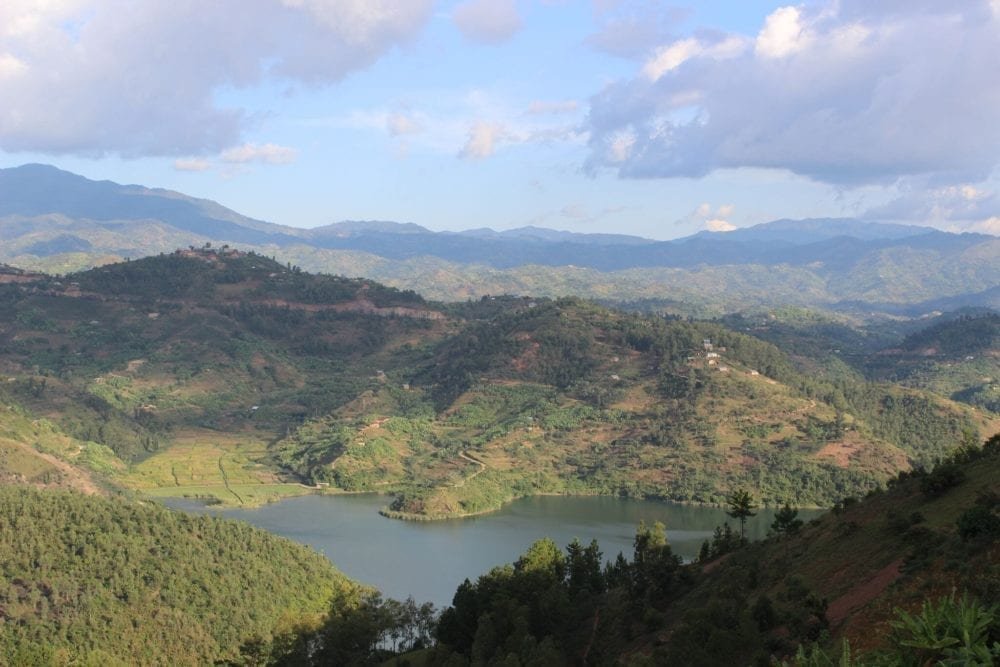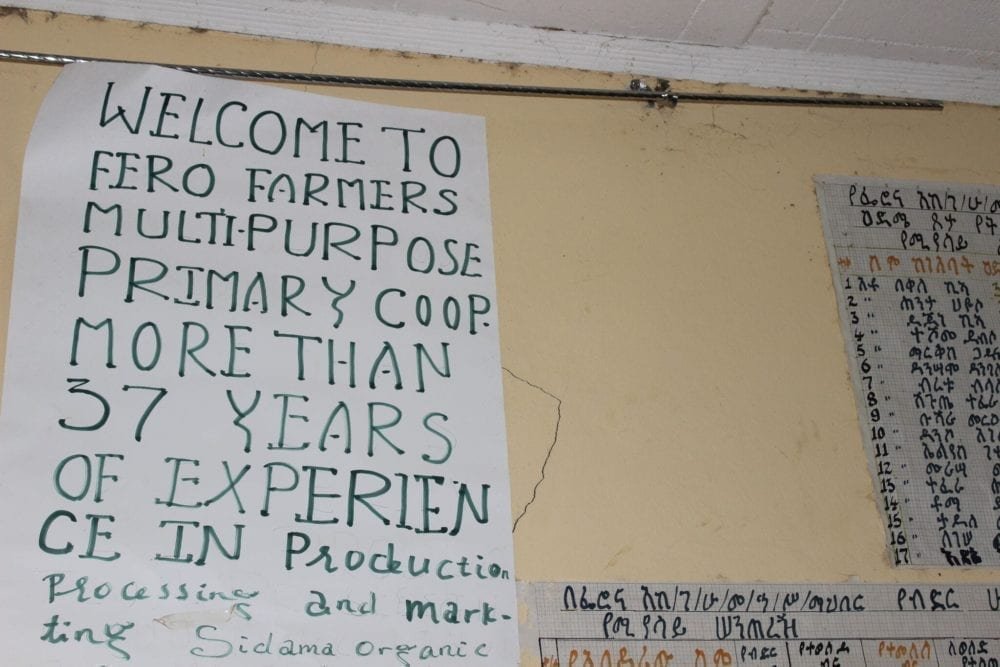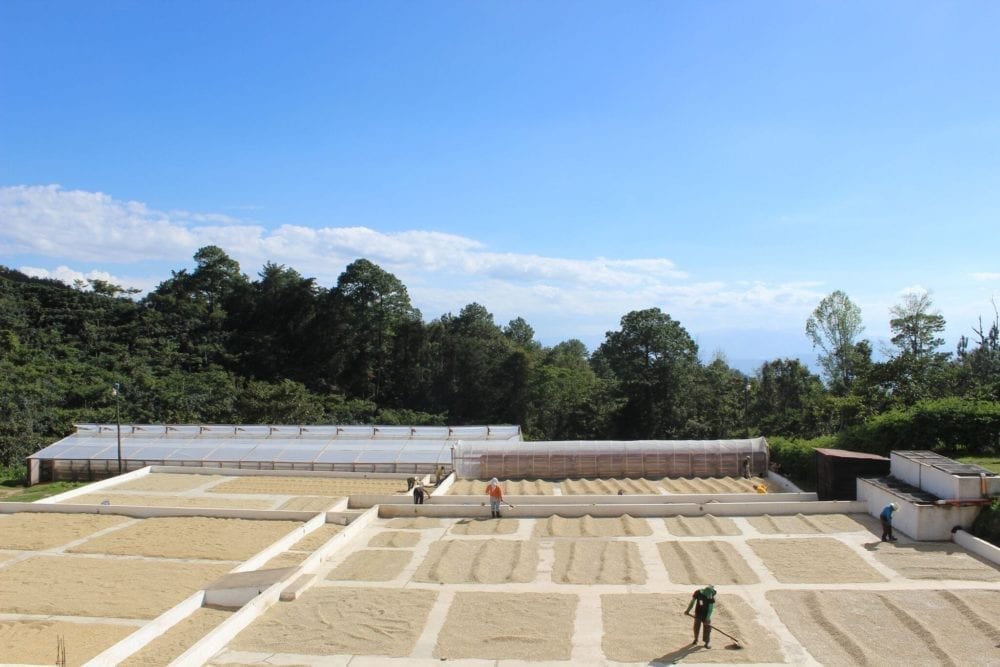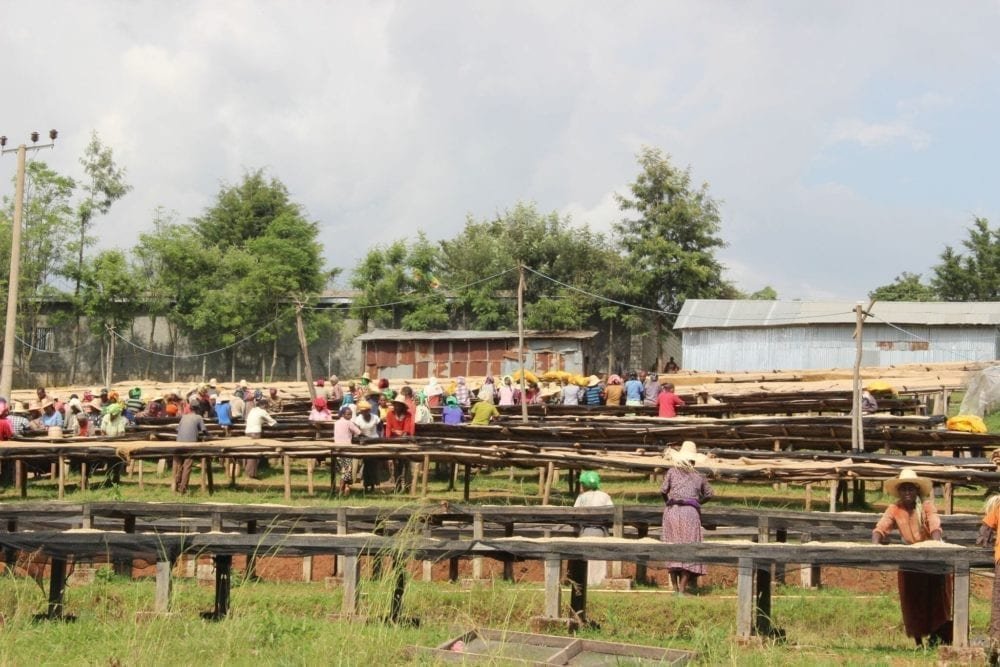This article first appeared in our spring ’18 issue of MyGreenPod Magazine, The Conscious Revolution, distributed with the Guardian on 04 May 2018. Click here to subscribe to our digital edition and get each issue delivered straight to your inbox
In a first of its kind study last year, WIPO (World Intellectual Property Organization) revealed how consumer choices are reshaping the global value chain for coffee. The research identified ‘a new generation of discerning consumers’ who are interested in the story behind their coffee, and willing to pay premium prices.
The research showed that coffee farmers can triple their incomes by selling premium coffees to this so-called ‘third wave’ market segment. While the export price of conventional coffee is $1.45/lb, the price rises to $2.89/lb for beans exported to coffee shops and soars to $5.14/lb for coffee exported to baristas in independent coffee shops.
Small Batch had a front-row seat when consumer demand started to shift in the UK. The independent artisan coffee company opened its first shop in Hove’s Goldstone Villas in 2009, and now has nine locations across Brighton, including the Small Batch Roastery (with Espresso Bar) in Portslade.
The founders – both ardent coffee fans – have developed long-term producer relationships to guarantee top quality for customers and good prices for their coffee suppliers, who are paid significantly more than the Fairtrade minimum.
Small Batch sources coffee beans from over 20 countries across four continents; just as the flavours vary between countries and continents, so too do the challenges and circumstances of the coffee farmers. ‘We’ve spent the last 10 years refining our sourcing policy and have realised there isn’t one system that works everywhere’, says Alan Tomlins, co-founder and managing director of Small Batch Coffee & Roasters. ‘What’s best in Colombia is not what works best in Rwanda or Guatemala.’
This is one of the key reasons Alan makes frequent visits to producers; ‘only by spending time in a country do you realise how the coffee market works there and what the most sustainable and ethical approach is for that individual country or region’, he tells us. ‘Likewise, the only way to forge meaningful and truly sustainable relationships is to spend substantial time with the awesome people who produce the coffees we buy.’
Ethiopia
Brighton and Sussex Medical School is the global hub for research on podoconiosis (or ‘podo’), a little-known but widespread and treatable tropical disease that affects people around the world, particularly in Ethiopia.
Small Batch has helped to raise money for the Preventing Podo campaign, which was launched to turn the medical school’s ground-breaking research into practical action to improve the lives of some of the world’s poorest and most disadvantaged people.
‘Ethiopia is a really important origin for Small Batch and we have been buying awesome coffee there for years’, Alan said. ‘It just made sense for us to support this great cause.’
Pitalito, Colombia
In Pitalito, a small town in the southern state of Huila, a new network – Red Association – has united small coffee producers in Pitalito with local exporter Invercafe, Raw Material and roasters including Small Batch.
The association was created after Raw Material and Invercafe met with 660 farming families in the region to discuss the difficulties they face. The biggest problems raised were a lack of infrastructure and stable pricing to provide certainty for investment in improving quality.
 Play Video about This Rock Might Just Save The World
Play Video about This Rock Might Just Save The World Play Video about Play 2 hours of rock
Play Video about Play 2 hours of rock Play Video about Play 2 hours of brook
Play Video about Play 2 hours of brook Play Video about Play 2 hours of sheep
Play Video about Play 2 hours of sheep

















